I'd suggest getting out, just you and your camera, and learning to really see what you're looking at. Notice how light can change colors and tone, how it can change when you turn and face different directions, at different times of day, etc. Practice a lot, a lot, in taking pictures, and just observing and thinking about what you see in your viewfinder. Michelle it seems like you're on the right track, learning to meter and get proper exposures is key.
Gary I particularly like the first one and the one with the guitar, love the way you got the light along the edge of the subject in profile, hitting the frets etc. That's some beautifully done B&W.

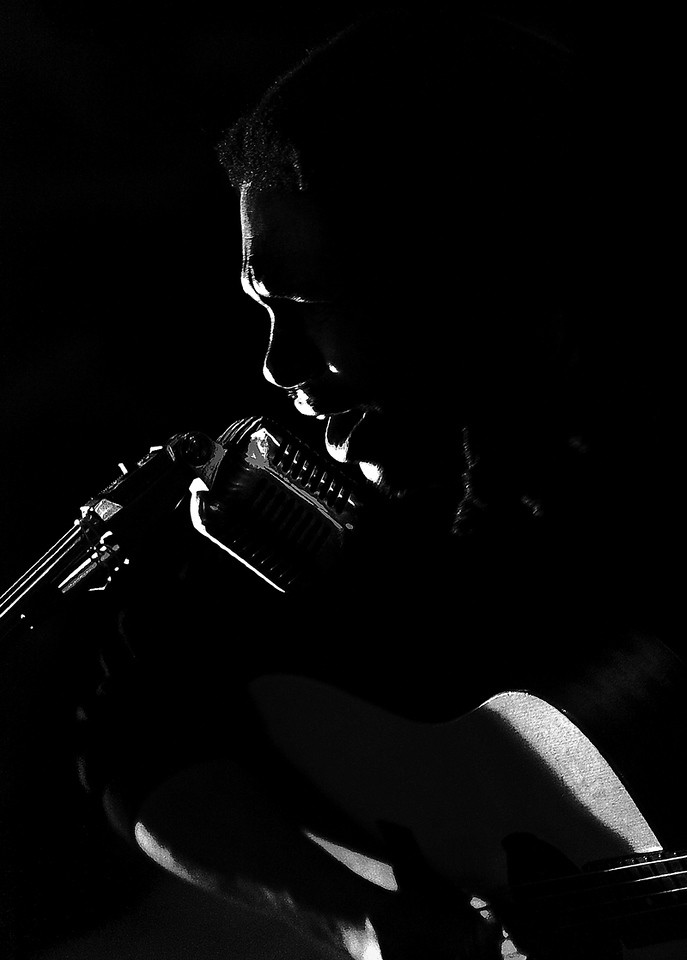
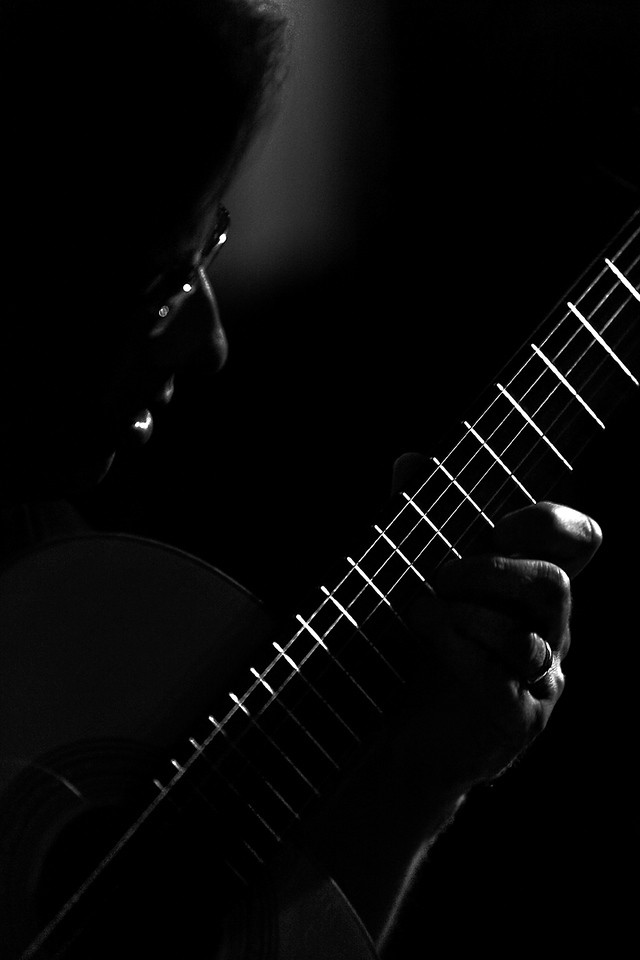
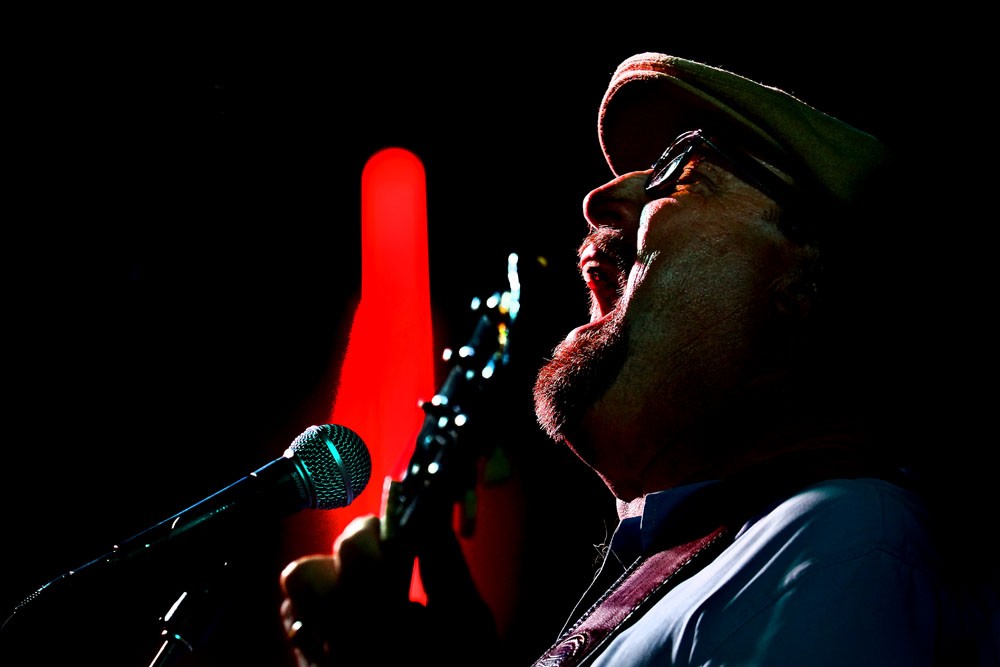
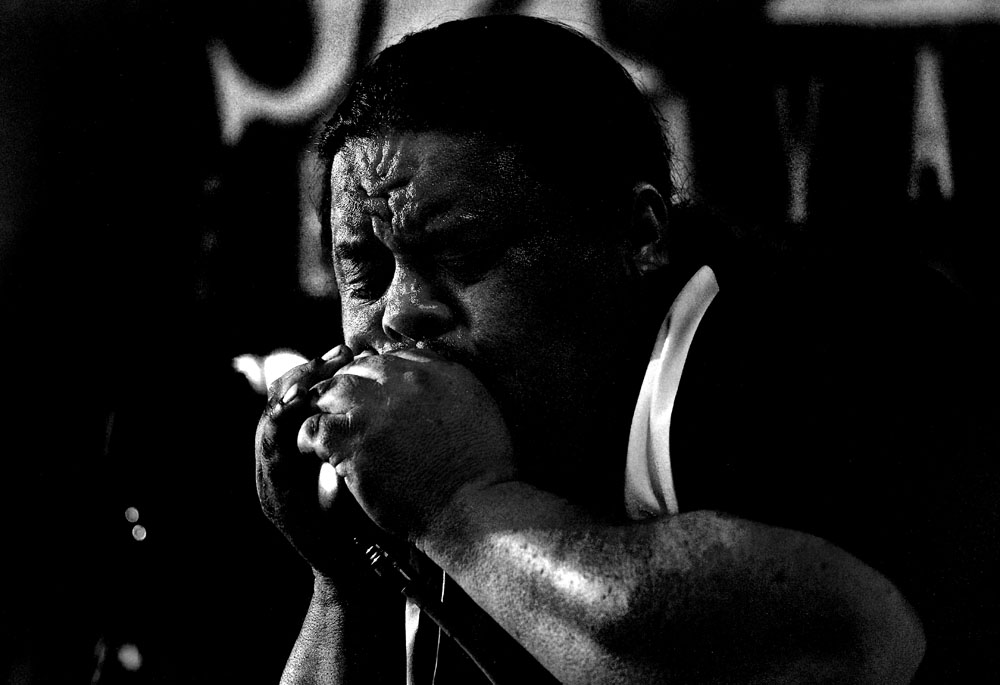
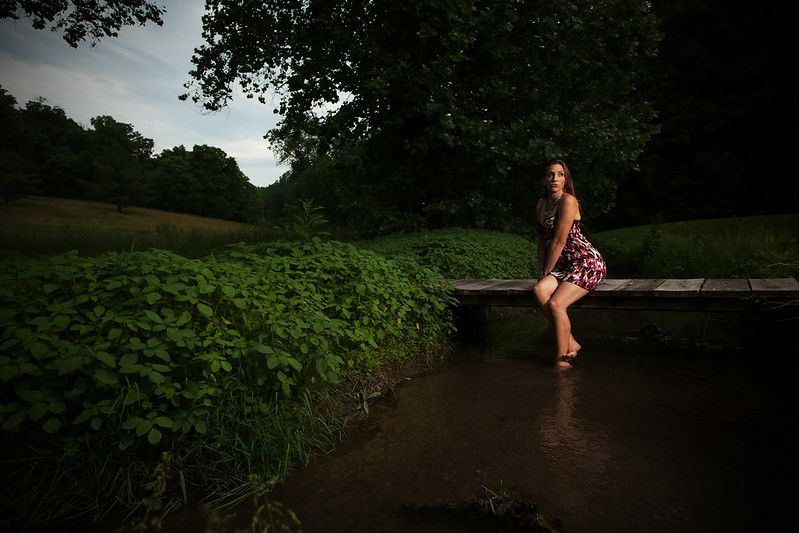
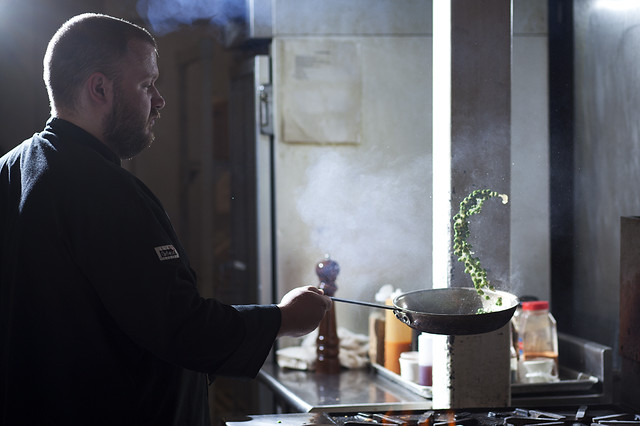
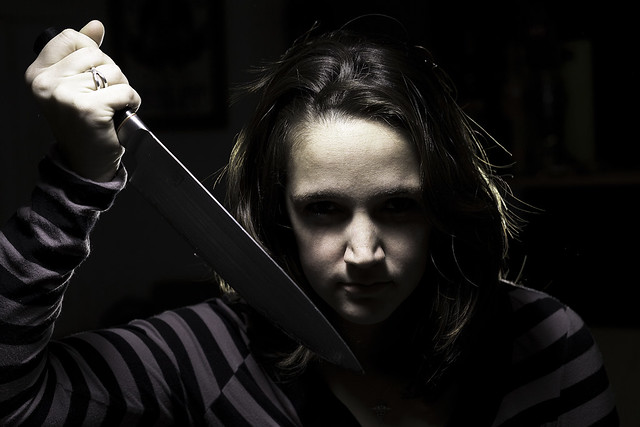
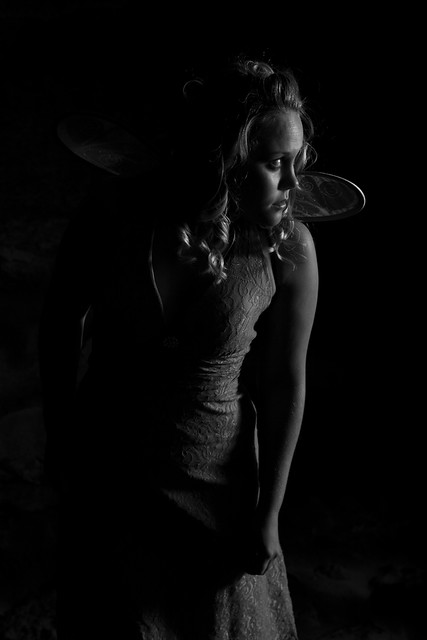
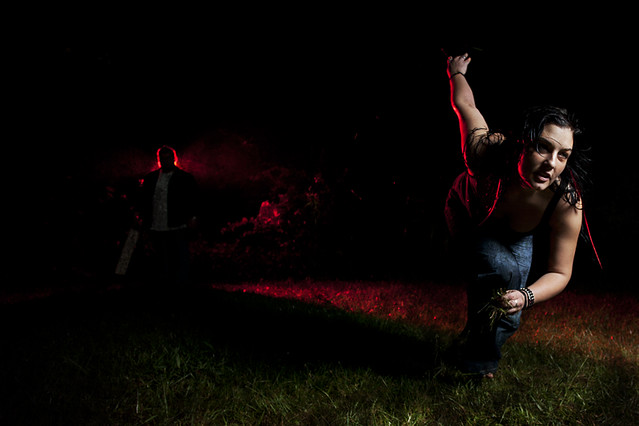
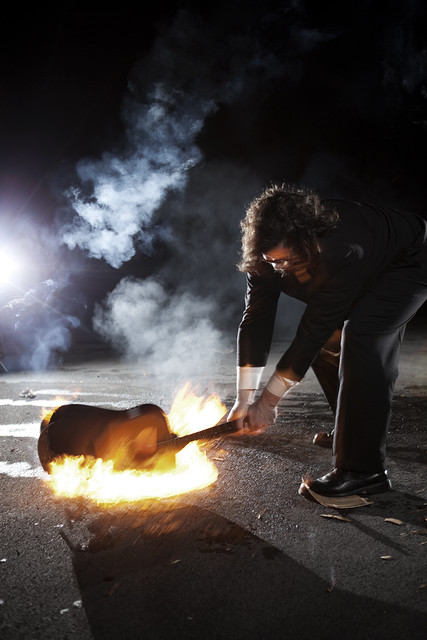






![[No title]](/data/xfmg/thumbnail/37/37627-c3d3ca879cdfbdb9e35acdcc7fcd4b3e.jpg?1734170751)


